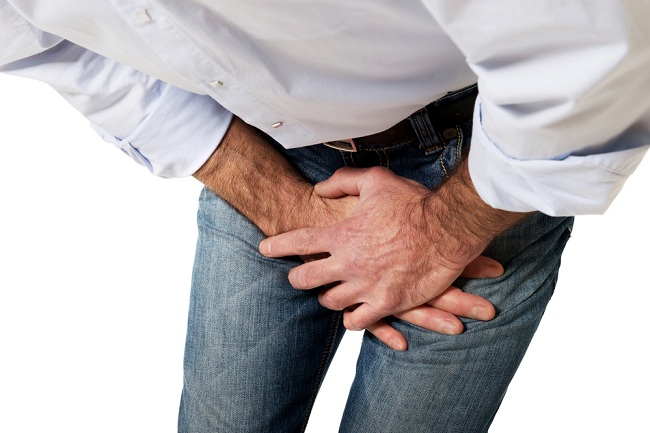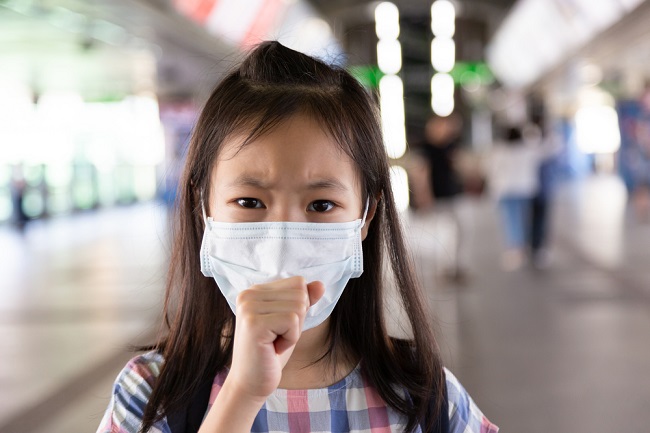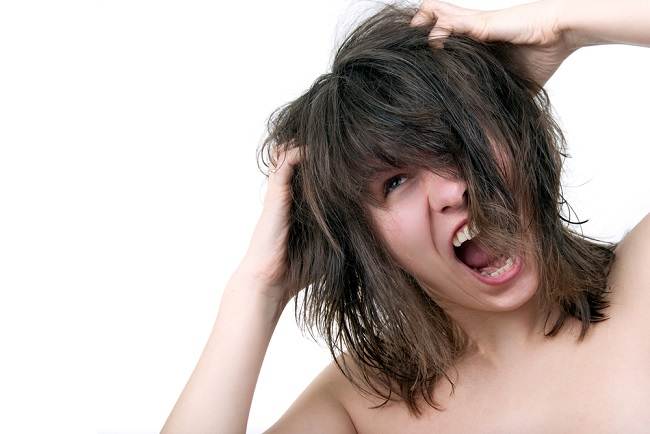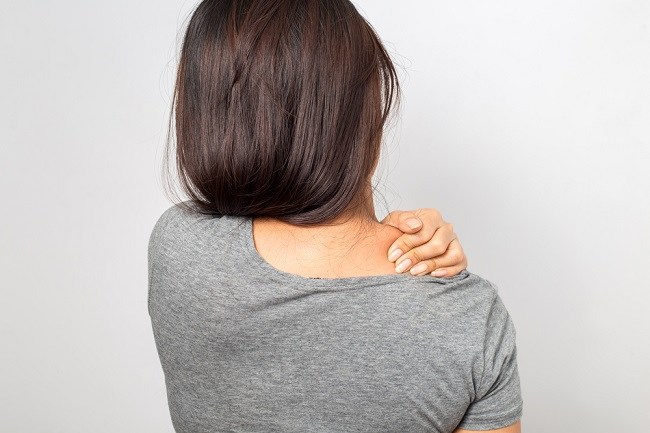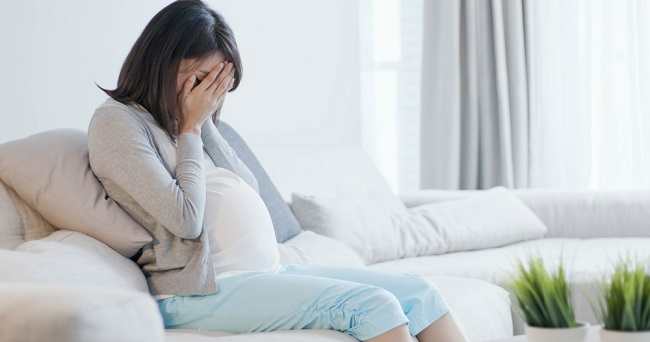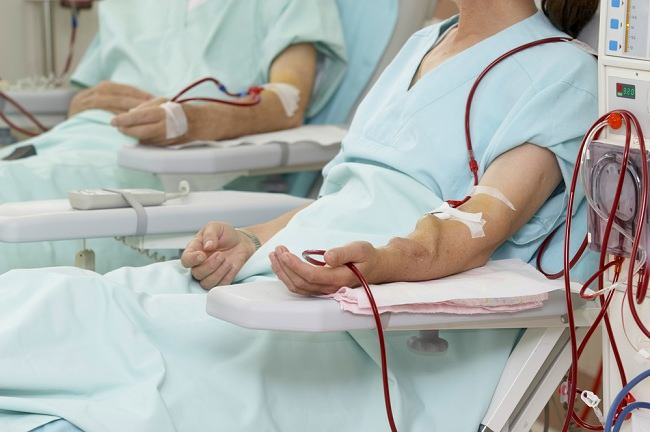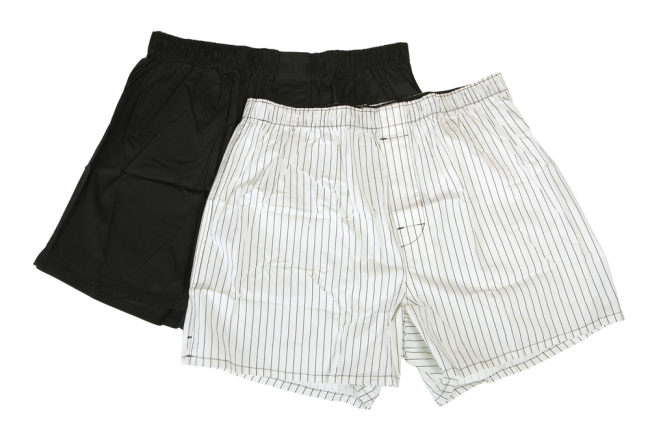Hair loss after giving birth can be a worrying thing for some women. Because the amount of hair loss can be quite a lot, not a few women are afraid of going bald. Well, if you experience this complaint, there are some tips for dealing with hair loss that you can try.
Hair loss after childbirth is a fairly common complaint in women and is generally harmless. This condition can be caused by several factors, ranging from hormonal changes that occur during pregnancy and after childbirth, stress, to a lack of certain nutrients.

Tips for Overcoming Hair Loss After Childbirth
If during pregnancy your hair looked thick and strong, the hair loss you experienced after giving birth might surprise and panic you.
Before you panic too much, you need to know that actually hair loss after giving birth is a common thing. This condition is not something to be afraid of, because it often gets better on its own after a few weeks or months postpartum.
However, if you are bothered by this complaint, there are some tips you can do to deal with complaints of hair loss after giving birth, including:
1. Eat healthy food
In order to maintain healthy hair and strengthen hair roots so that your hair does not fall out again, consume foods that contain protein, zinc, omega-3 fatty acids, B vitamins, vitamin C, magnesium, and iron. You can get these nutrients from eggs, fish, meat, nuts, fruits and vegetables, and milk.
Besides being nutritious for your hair, these various nutrients can also provide other benefits, namely as a source of energy, supporting breast milk production and the breastfeeding process, and helping your body recover quickly after giving birth.
2. Complete nutrition with vitamins
After giving birth, you can still take supplements or prenatal vitamins. This supplement is good to help meet the nutritional intake you need.
Complete nutritional intake is certainly very important in the process of exclusive breastfeeding to your baby. In addition, the content in prenatal vitamins also has an important role in maintaining healthy hair after childbirth, you know.
3. Reduce the use of hair dryers and straighteners
Hairdryer and a hair straightener cannot be far from a woman's life, especially if you are used to styling your hair before starting your daily activities. However, to deal with hair loss after giving birth, you need to reduce the use of these two tools first, yes.
The reason is, the heat generated by these two tools can cause your hair to be easily damaged, dry, and appear thinner, which can exacerbate hair loss. In addition, when combing, you should not do it hard and tight because it can make hair fall more and more.
4. Choose shampoo and conditioner selectively
To reduce hair loss, you need to be selective in choosing the right shampoo for your hair type. Using the wrong shampoo can actually damage the health of your hair. In addition, you are recommended to use conditioner more often after shampooing.
Proper hair care plays an important role in making hair stronger, looks shiny, manageable, and softens hair. By taking care of your hair properly, the hair loss problem that you are experiencing may be resolved.
5. Apply the right shampooing method
In addition to being selective in choosing hair care products, you also have to apply the right shampooing method, including:
- Shampoo no more than 1 time per day.
- Use shampoo and conditioner sparingly.
- Avoid using water that is too hot when shampooing because it can damage your hair.
- Gently dry your hair with a towel. Avoid rubbing your hair with a towel too tightly, as this can make your hair break more easily.
Coping with hair loss is not easy. However, that doesn't mean you can't handle this hair problem. In addition to the tips above, remember to always treat your hair gently and don't tie it too tightly, so that your hair doesn't break and fall out easily.
If you have done the above tips but the problem of hair loss after giving birth has not been resolved, you should consult a doctor to get the right treatment.
